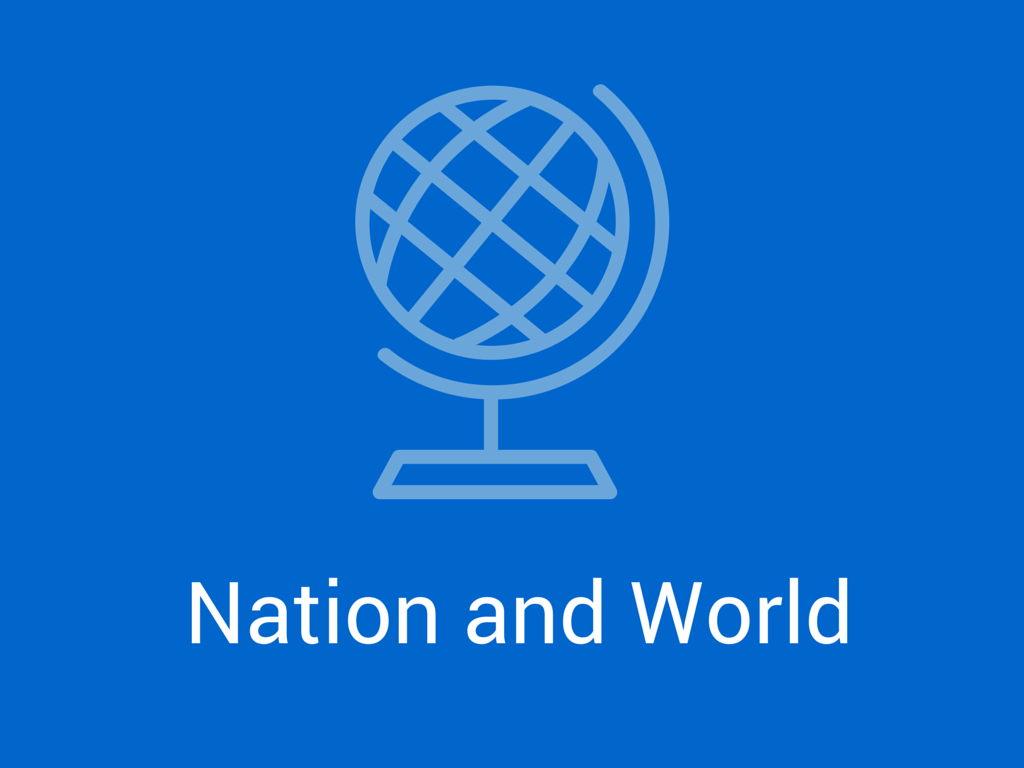Veil ban passes in Austria
In January, the Austrian government introduced the issue of whether the nation should continue to allow or eventually ban headscarves that cover faces, often worn as part of daily religious garb. At the conclusion of that month, the leading government coalition decided that a ban would eventually be placed on veils, stating that “[Austria is] committed to an open society, which also presupposes open communication. A full-face veil in public places stands in its way and will therefore be banned.” Since then, the parliament has drafted a full plan, and on Sunday morning, the legislation was passed into law. Effective immediately, full-face veils—defined as any head coverings that conceal facial features from a person’s chin up to their hairline—will not be permissible attire in public places. Muslim groups in Austria and Europe have expressed dismay at the law, articulating concerns that it restricts their freedoms of expression and faith. They have also pointed out that only a small number of individuals actually wear face-covering attire. Officials approximate that in Austria only 150 women actually wear burkas. In addition to the niqab and burka, the regulations also ban medical facemasks and clown makeup.
U.S. and North Korean Officials may meet
On Sept. 29, the White House announced that President Trump will be traveling to Asia in November to participate in a regional summit. A number of topics will be covered during his visit, including trade relations and the ending of the United States’ involvement in the Trans-Pacific Partnership, enduring conflict in the South China Sea, a possible meeting with Philippine President Duterte over apparent human rights violations and a discussion of rising tensions between the United States and North Korea. Following the statement on Friday, Secretary of State Rex Tillerson announced that the White House is now in “direct contact” with Pyongyang and is “not in a dark situation.” Despite his assurances, the State Department has since said of the communications that “despite assurance that the United States is not interested in promoting the collapse of the current regime… North Korean officials have shown no indication that they… are ready for talks regarding denuclearization.” Regardless, this news shows that operations are occurring contrary to Trump’s wishes. He has said that when dealing with North Korea “talking is not the answer” and has repeated this sentiment on a number of occasions in recent weeks. The active lines of communication between officials in Washington and Pyongyang indicate that diplomatic discourse is actually ongoing.
Catalonia independence polls turn violent
Catalonia is a rich region of northeastern Spain with a population roughly the size of New York City. The area has a lifestyle and language that are entirely different from the greater part of Spain, as Catalonia is in large part autonomous despite sharing the Spanish constitution. For many years, the citizenry of Catalonia, as well as its leadership—now headed by Carles Puigemont—has called for a referendum that would make the region independent from Spain. A vote on the matter is currently being held at a number of polling stations throughout the territory. This has given rise to tensions between Catalonia and the Spanish government, which strongly opposes the independence referendum. Mariano Rajoy, the Spanish prime minister, has condemned the vote and declared that the referendum violates the shared constitution, which describes “the indissoluble unity of the Spanish nation, the common and indivisible homeland of all Spaniards.” Nevertheless, the Catalonian people prepared to cast their votes at the polls this past Sunday. In an effort to prevent the referendum from proceeding, Spanish law enforcement was deployed to the region to block Catalonians from casting their ballots. The blockage quickly turned to violence as the police began grabbing ballots from voters’ hands and forcefully removing polling boxes. As of Sunday evening, at least 460 civilians were injured, along with 11 police officers.
Mumbai commute ends in deadly stampede
It is currently monsoon season in Mumbai, and with the torrential rains comes an increase in chaos during the crowded morning commute. The Elphinstone Station connects two other major transit lines that many residents use to get to and from work every day. Unfortunately, Friday morning’s rush hour was subject to greater than usual overcrowding, as people pushed to get inside and out of the rain from a footbridge leading into the station. According to Ravindra Bhakar, the Indian Railways spokesman, “people at the front slipped and the huge crowd topped over, leading to the stampede.” Current counts record 22 dead and another 32 injured. The Indian prime minister and the chief minister of Maharashtra state have expressed their condolences and have shared plans to compensate the families of those who were killed or hurt. This incident has drawn increased attention to the infrastructure issues of Mumbai’s transportation system. Despite being used by millions of people on a daily basis, the stations, trains and cars have not been renovated or increased in number to accommodate their extensive use.






